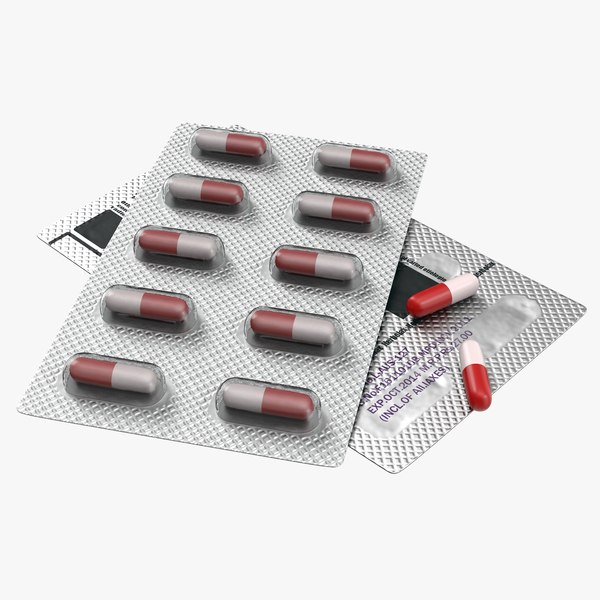Introduction:
Alcohol withdrawal is a condition that takes place when people suddenly stop or notably decrease their particular alcohol intake after extended durations of heavy drinking. Its a complex and potentially life-threatening condition that impacts thousands of people globally. This report aims to provide an extensive breakdown of liquor detachment, including its signs, treatments, and management methods.
Symptoms of Alcohol Withdrawal:
The beginning and seriousness of alcohol withdrawal symptoms vary among individuals, based elements such as the quantity and timeframe of alcohol consumption and a person’s overall health. Common observable symptoms include tremors, anxiety, frustration, sickness, vomiting, insomnia, increased heartbeat, and sweating. In severe cases, people may experience hallucinations, seizures, or delirium tremens (DTs), a potentially deadly problem characterized by agitation, confusion, hallucinations, and fluctuating quantities of consciousness.
Treatments:
Whenever dealing with liquor withdrawal, it is crucial to get health guidance and assistance. The principal aim of treatment is to safely manage withdrawal symptoms, prevent complications, and facilitate the change to sobriety. Medical professionals can assess the extent of symptoms and discover the right degree of treatment. In moderate cases, outpatient therapy is administered, while more serious instances may need hospitalization.
Medications popular rehab center In thailand alcohol withdrawal therapy consist of benzodiazepines, that assist decrease anxiety, relieve symptoms, preventing seizures. Other medications including antipsychotics, anticonvulsants, and beta-blockers could be used to manage particular symptoms or co-occurring problems. In addition, nutritional vitamins, specially thiamine (vitamin B1), in many cases are prescribed to stop or treat prospective inadequacies related to exorbitant alcohol consumption.
Control Strategies:
In addition to medical interventions, numerous methods can be employed to manage liquor detachment effortlessly.
1. Supportive Care: Providing a supportive environment encourages a feeling of safety and convenience. This can include making sure appropriate nourishment, hydration, and sleep, in addition to keeping track of important signs and addressing any health problems that’ll occur during withdrawal.
2. Psychotherapy: Searching for mental health support, such as for instance guidance or psychotherapy, can play a crucial role in handling underlying mental or mental conditions that contribute to liquor dependency. These treatments help individuals develop dealing strategies, control triggers, and establish healthy choices to alcoholic beverages.
3. Rehabilitation products: participating in rehabilitation programs, particularly inpatient or outpatient centers, provides an organized and supporting environment for people searching for lasting recovery. These programs frequently incorporate health treatments, guidance, and peer help to handle the physical, psychological, and personal facets of liquor addiction.
4. Follow-up Care: After doing initial cleansing and therapy, people should still seek ongoing attention. This may include taking part in organizations, attending regular treatment sessions, and getting follow-up evaluations to make sure appropriate actual and mental health.
 Conclusion:
Conclusion:
Alcohol withdrawal is a difficult condition that requires medical help and comprehensive help. Understanding the signs, treatment plans, and administration techniques can greatly aid in assisting people properly navigate the withdrawal process and achieve long-term data recovery. By giving appropriate attention and resources, we are able to enhance the outcomes for many wanting to overcome alcoholic beverages addiction.
